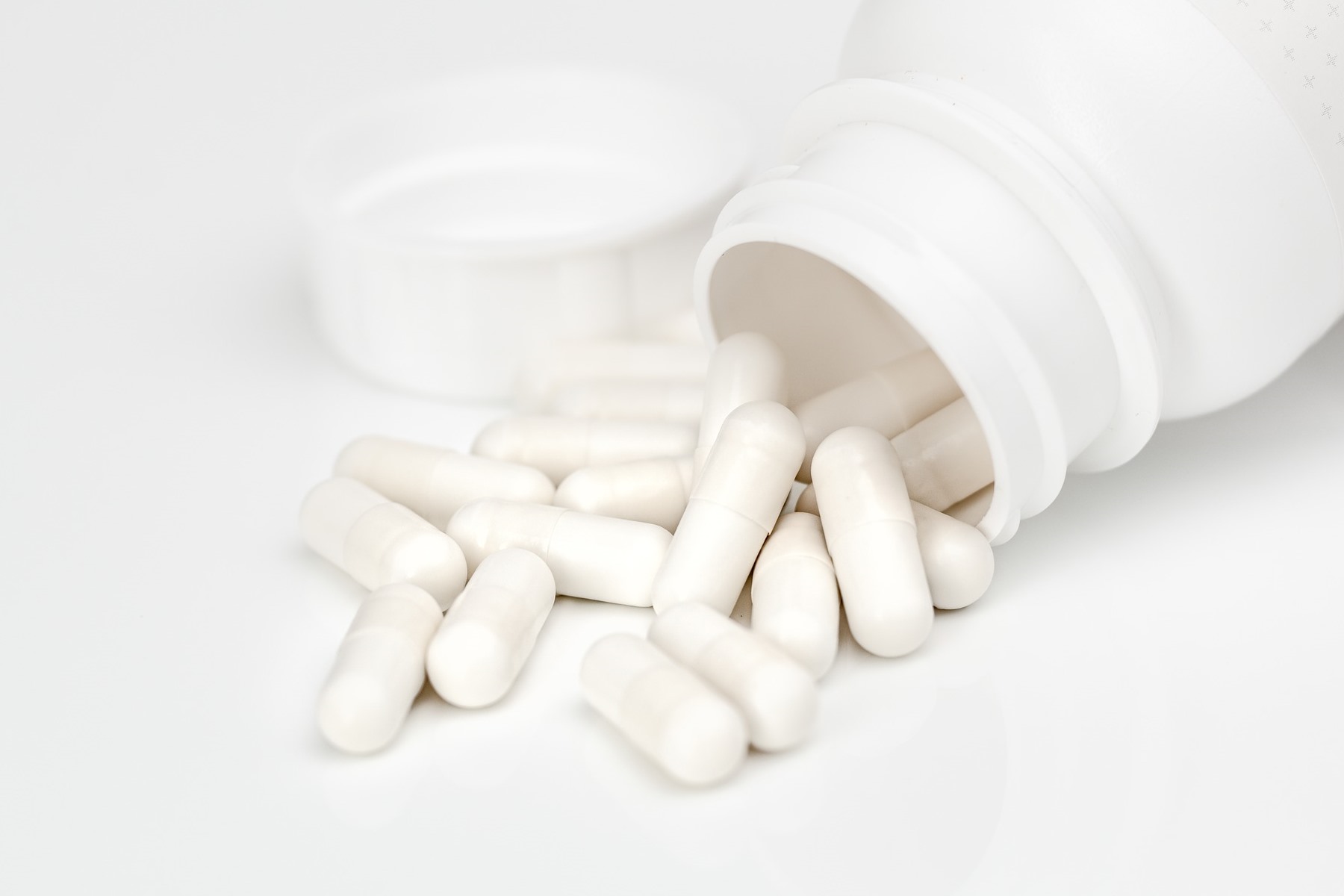Crohn’s disease and ulcerative colitis are severe chronic bowel diseases for which there are no effective drugs yet. The main approach in their therapy is to take drugs that reduce inflammation and restore the intestinal mucosa. At the same time, there are still no funds on the market that can gradually release an active substance inside the body, which could significantly increase the effectiveness of therapy. Under the leadership of the Federal State Budgetary Institution “CSP” of the FMBA of Russia, scientists from the N.N. DI Mendeleev developed a technology for obtaining such a dosage form: they created enteric capsules containing a biopolymer complex that releases an active substance at a controlled rate, which ensures a prolonged action and high bioavailability of the drug.
Crohn’s disease and ulcerative colitis are severe chronic inflammatory bowel diseases of a non-infectious nature. According to statistics, they affect more than 23 million people around the world, while the frequency of detection of these diseases is increasing every year, and most often they are sick in developed countries and regions with a high level of urbanization. The exact figures for Russia are unknown, but according to various estimates, the prevalence of ulcerative colitis and Crohn’s disease in the European part of the country corresponds to the average for Central Europe: about 14 cases per 100 thousand people. At the same time, severe forms of diseases with a high mortality rate (3 times higher than in most countries), late diagnosis (ulcerative colitis is diagnosed only in 25% of cases during the first year of the disease) and a large number of complicated forms prevail in Russia.
Despite the fact that these diseases have been known for a long time, effective means for their prevention and therapy have not yet been created. This is largely due to the multi-etiological nature of the occurrence of such diseases, as well as the lack of detailed molecular mechanisms of pathogenesis, – comments Andrey Kuskov , head of the Department of Technology of Chemical, Pharmaceutical and Cosmetic Means of the Russian Chemical Technology University, – while there are already active pharmaceutical substances that have proven their effectiveness in the treatment of Crohn’s disease and chronic colitis. And our task was to make a finished dosage form based on these compounds, which would have a prolonged action, that is, for a sufficiently long time could release the active substance in the body.
To create a dosage form, the researchers used a biopolymer material that slowly dissolves in the body’s environment. Prior to that, specialists from the Center for Strategic Planning and Management of Medical and Biological Health Risks of the FMBA of Russia analyzed possible candidates for active molecules for the treatment of chronic intestinal diseases and selected specific active pharmaceutical ingredients – short-chain fatty acid and its derivatives. And the scientists of the RCTU have selected the necessary conditions for obtaining a finished dosage form – a complex that consists of a biopolymer and a pharmaceutical substance.
It is important to emphasize that in our work we used all the raw materials available on the market and already approved for use in pharmaceuticals, notes Andrey Kuskov. – We acquired the biopolymer, pharmaceutical substance, soluble capsules, and other related substances in the public domain, but our know-how was precisely the development of the technology for obtaining the “biopolymer + active substance” complex, followed by its packaging into enteric capsules. This approach significantly shortens the path to the actual production of the drug, if all tests are successfully passed.
Drug trials and future plans
The researchers tested the developed dosage form according to the standards of the State Pharmacopoeia of the Russian Federation according to the methods for enteric capsules. Scientists placed the capsules for a long exposure, first in an acidic environment, simulating their presence in the stomach, and then in an alkaline environment – to simulate being in the intestine. After certain periods of time, they took samples and, using chromatographic and spectroscopic methods, determined the content of the active substance in the medium.
It turned out that the main phase of the release of an active pharmaceutical substance occurs precisely in an alkaline medium that mimics the intestines. In this case, the rate of release of the active substance can be controlled by changing the parameters during the synthesis of the complex “biopolymer + active substance”. The researchers note that the biopolymer used in the work should not contribute to irritation of the intestines, which is often the case with the use of other substances, but this effect has yet to be studied in subsequent experiments.
As a result, scientists have shown that the finished dosage form, which is an enteric capsule containing an active substance, obtained by their technology, has the effect of prolonged release of the active substance at a controlled rate. They also produced a pilot batch of such capsules in an amount sufficient to conduct a series of preclinical studies of their effectiveness and safety, planned by the Federal State Budgetary Institution “CSP” of the Federal Medical and Biological Agency of Russia.
We expect that the planned preclinical studies we have developed dosage form will be successful in the future will advance to the pre-clinical studies of the drug, – says Andrey Kuskov – In case of success it will be possible to receive entirely new drug for the treatment of chronic inflammatory infectious nature bowel diseases which will have a long-term, prolonged effect on the pathogenic microflora of the intestine and anti-inflammatory effect on epithelial cells.

